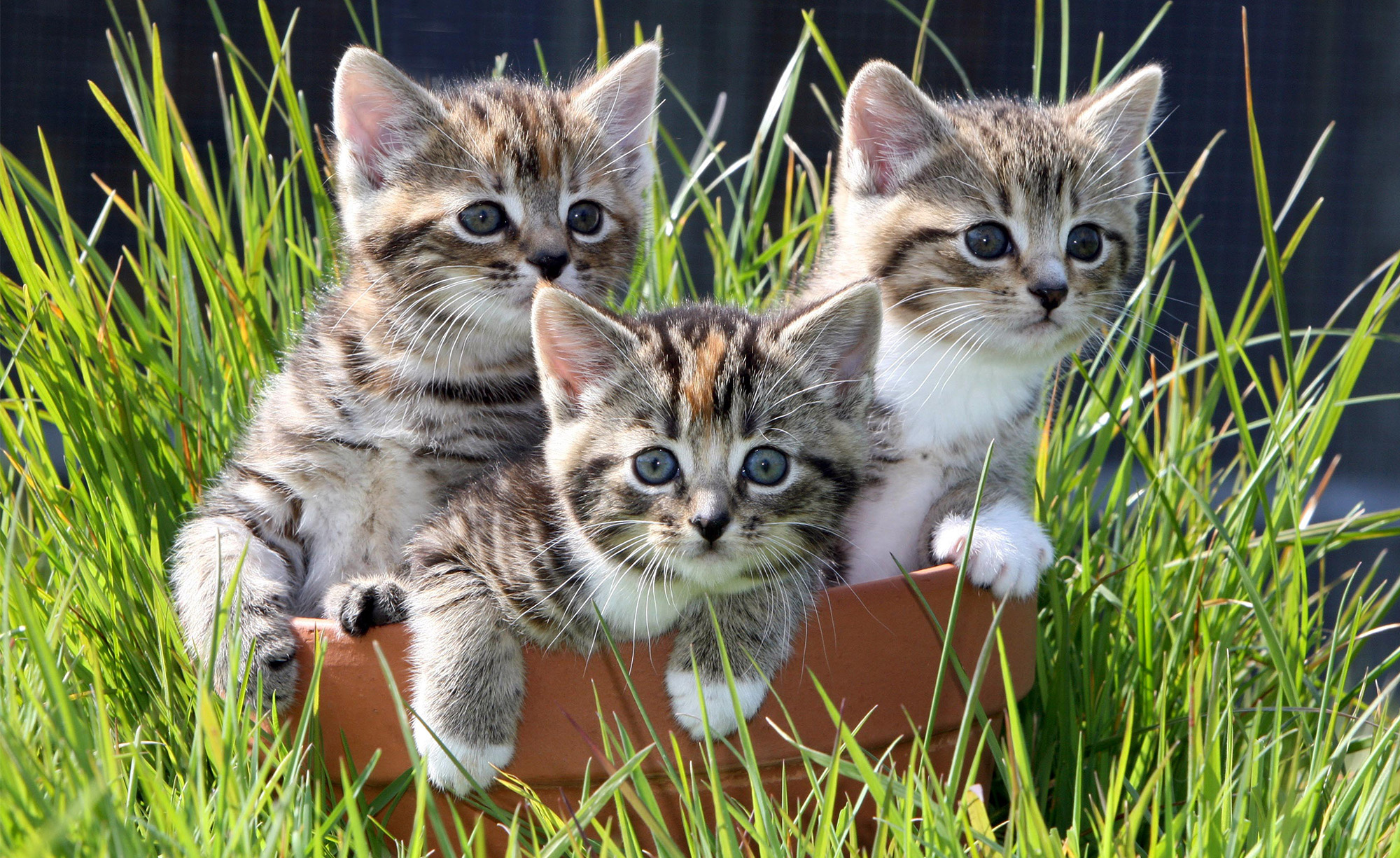It turns out cats are friendlier than you might think
Science says so

Science says so
Ah, the good old cat VS dog debate, something that has long divided mankind and caused many an argument in an animal loving household.
It's fair to say that our feline friends have never had the best time when it's come to the media, for instance just recently cats were blamed for making our PMS symptoms oh so much worse.
Our canine companions on the other hand have had a much easier ride. Between paid puppy leave becoming a thing and the smartest dog breed being celebrated nation wide, it's safe to safe our pooches have been pampered by the press.
It's easy to attribute this clear divide down to the fact that dogs are (arguably) friendlier and more affectionate. Or so we thought.
A recent study has actually revealed that cats are friendlier than given credit for, and most prefer interacting with humans to eating food (and how many of us can say that?).
The study was published in Behavioural Processes, and researches carried out the investigation by applying cognitive tests that have already been carried out on dogs.
Marie Claire Newsletter
Celebrity news, beauty, fashion advice, and fascinating features, delivered straight to your inbox!
For the research, they took 50 cats from a combination of family homes and shelters and then left the animals without food, toys and people for a few hours. The cats were then presented with the choice of stimuli associated with each of these things.
The scientists found that almost all of the cats chose human interaction, with only 37% opting for food.
'While it has been suggested that cat sociality exists on a continuum, perhaps skewed toward independency, we have found that 50% of cats tested preferred interaction with the social stimulus even though they had a direct choice between social interaction with a human and their other most preferred stimuli from the three other stimulus categories,' the research stated.
'Increasingly cat cognition research is providing evidence of their complex socio-cognitive and problem-solving abilities.'
'Nonetheless, it is still common belief that cats are not especially sociable or trainable. This disconnect may be due, in part, to a lack of knowledge of what stimuli cats prefer, and thus may be most motivated to work for.'
And so the great cat vs dog debate continues.
Oh, and we wouldn't suggest getting your cat to choose between you and food. It probably won't end how you hope.
-
 Prince Harry's "proud" words about wife Meghan Markle are going viral
Prince Harry's "proud" words about wife Meghan Markle are going viralBy Jenny Proudfoot
-
 Sources have opened up about Timothée Chalamet and Kylie Jenner's "intense" start to the year
Sources have opened up about Timothée Chalamet and Kylie Jenner's "intense" start to the yearBy Jenny Proudfoot
-
 Two Hollywood actresses were offered the role of Carrie Bradshaw before Sarah Jessica Parker
Two Hollywood actresses were offered the role of Carrie Bradshaw before Sarah Jessica ParkerBy Jenny Proudfoot